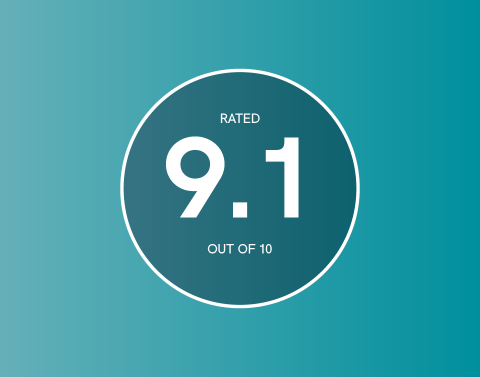Recently, David Cameron announced an ambition to end the gender pay gap within a generation. It currently stands at 19.1% for full and part time workers in the UK, meaning a woman earns on average 80p for every £1 a man earns. The difference represents the 6th highest pay gap in the EU, behind countries including Italy and Poland. From 2016 however, companies with more than 250 employees will be forced to disclose the pay gap within their workplace. What does this mean for women? Well, not only could it resolve the problem that has kept women remarkably poorer for decades, but it could also serve to encourage young women to consider the widest range of careers and reach their full potential.
So why in 2015 have we still got a way to go in bridging the gender pay gap? It’s complicated. Unequal pay for comparable work is one facet of a greater problem. To achieve gender equality, we need to continue to inspire young women so that they can compete with the best in the world for the top jobs. Whether it’s lack of confidence or an aversion to male dominated industries, it’s true to say that women just haven’t yet been pulled towards the best-paid jobs. Once the government publication of the pay gap is mandatory, it’s hoped that companies will question where the women are in their businesses and why they’re missing out on 50% of the talent pool. Alongside the gender pay gap, redressing gender inequality in business equals fostering new ways of thinking and ultimately enabling companies to fully explore their full potential.
Cameron also announced that the FTSE 100 has met its target to employ 25% of female board members by 2015. However, most of the women are non-executive board members rather than executive board members meaning that they are not making decisions. So how do we grow the number of women in executive positions on boards? There are many questions still to be answered, but the government taking on the pay gap is a step in the right direction. It’s progress. Has this progress met our expectations? Quite simply, no. The government needs to intensify the focus on closing the gender pay gap, promote gender equality and women’s economic empowerment. Only then will women truly feel the confidence and trust in their own abilities, that they should.



